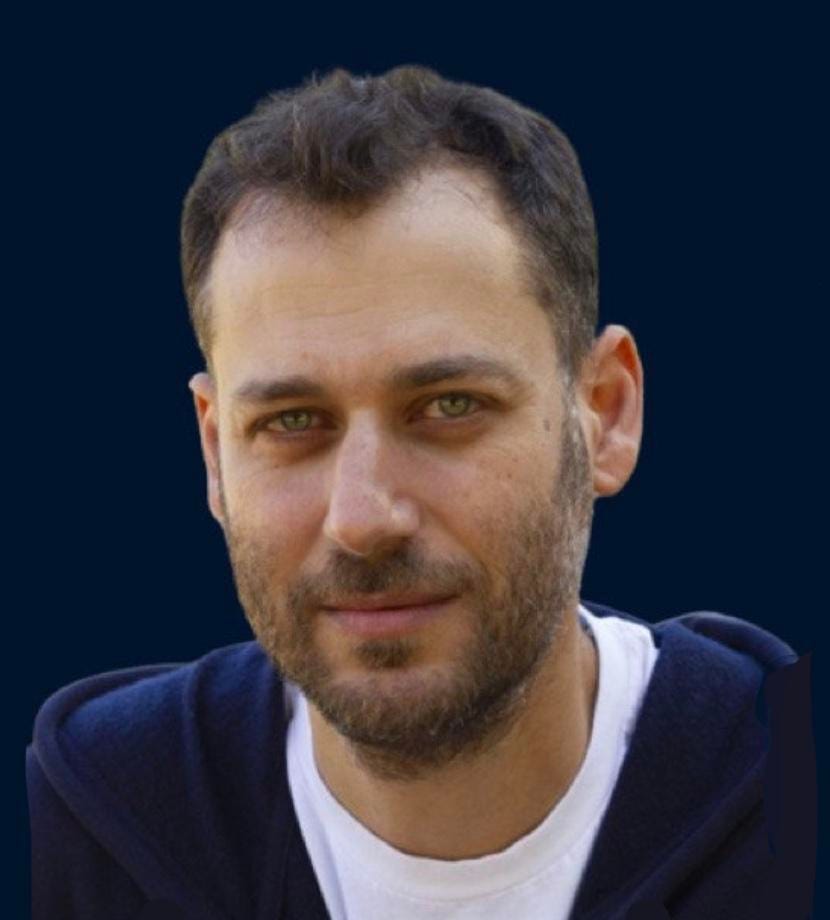In 2015, Tamir Wolf’s wife had an emergency appendectomy and returned safely to her home in Brooklyn just 12 hours later. Around the same time, Tamir’s boss also had an emergency appendectomy in New York City, ended up in the ICU and nearly died. The variation in surgical outcomes from the same illness was so disparate that it spurred Tamir, a doctor himself, to wonder what could be done to create more consistent surgical procedures. He created Theator with the goal of improving surgical outcomes and has since raised $40M to develop a new software platform leveraging computer vision and AI to do so. Their early customers include the Mayo Clinic and four other top medical institutions.
From a storytelling standpoint, Tamir faced a common challenge for founders with multiple customers. Should he tell the story through the lens of the end benefactor (the patient), the user (the surgeon) or the institution (the clinical head in the hospital)? All are viable protagonists. In this startup story, we’ll explore the problem through the eyes of all three.
The Patient Problem
Tamir’s “origin story” involving his wife and boss features the patient’s perspective. Living in a major city in the United States, a person requiring surgery expects that their procedure would be performed at a consistently high standard. Patients understand that medical care is not perfect, but they believe their surgeons are well-trained, experienced and required to follow the procedure known to be the most effective. Most surgeries have been done hundreds of times before, so it would follow that their surgeon would have learned and applied the best approach. They wouldn’t imagine that different surgeons might use different protocols, including ones that on average lead to poorer outcomes. The patient expects the best care that today’s body of medical knowledge would provide. Sadly, they often learn that the reality looks much different.
The Doctor Problem
Professional baseball players have reams of data and video analysis that informs how they pitch, hit and field. In business, sales people use tools like Gong to assess their client communications and improve performance. For surgeons conducting life-saving surgery? Not so much. Although video does capture many surgeries, surgeons do not have access to tools that capture procedures, analyze performance and make recommendations to improve methods and protocols. Surgeons are trained in medical school and attend conferences for continued learning, but there is no objective measure to track their daily performance and coach them on ways to improve. And worst of all, they are likely unaware that they could be doing better.
The Department Head’s Problem
Clinical department heads in hospitals aspire to provide the same quality care to every patient regardless of their doctor. The department heads wish they could identify and deploy the methods most likely to lead to successful surgical outcomes for all. It’s challenging to achieve equity in medical care, but it’s even harder without full information. They’d also like to optimize the efficiency of procedures. One doctor can take 20 minutes, while another takes 2 hours for the same procedure. All they have to go on are operative reports, which are limited in providing insights. So, the clinical heads are flying blind. They don’t have the necessary information to tell them if there might be a protocol that is proven to be more successful and productive; and patient confidentiality issues hamstring the process even further. These medical leaders don’t have the necessary tools to make every one of their doctors perform to the best of their ability.
Theator Surgical Intelligence
Theator’s team of over 50 people in Palo Alto and Tel Aviv are building a software platform to address these gaps. They’re building a Surgical Intelligence Platform for hospitals that enable doctors to improve performance. Theator does the following:
Captures procedures preserving patient confidentiality — Patient confidentiality is essential so the Theator platform de-identifies images outside of the patient’s body before making them available for review.
Analyzes procedures using AI and computer vision – The platform processes the video, logs the surgical process and annotates key steps in the process.
Provides insights about methods and procedures – By mapping the best outcomes to the specific procedures that led to them, Theator makes recommendations that can then be applied by all doctors in the department to improve patient care.
Here’s an example. A recent study of 300,000 hysterectomies revealed that there was considerable variance in patient outcomes. One hospital wanted to deliver more consistent outcomes across populations and worked with Theator’s platform to try to do so. By deploying the Theator platform, the hospital discovered that ureteral injury was higher in instances where surgeons did not properly examine the ureter during the procedure. With this new information, the department deployed new protocols emphasizing the ureter examination. By deploying the new procedure, doctors became 50% more likely to use the proper process. As a result, interoperative events for the patients were reduced.
As the startup storyteller, Tamir has chosen to introduce the narrative with the patient anecdote about his wife and boss, because it is a dramatic and memorable way to grab his audience’s attention. He then quickly shifts to the narrative from the doctor’s perspective. The core story is told through that lens. The department head’s perspective comes at the end, when sharing the business model.
Theator expects to improve the health of patients, the performance of doctors and the overall level of care of hospitals. If they deliver on this promise, Tamir’s story should have a happy ending for all three protagonists.
Read the full article here




